Lance Armstrong: It's not like we just showed up to the Tour de France and won
The disgraced former rider says he still had to put in the necessary 'building blocks' to win the Tour, but says 'high-octane' drug use was necessary
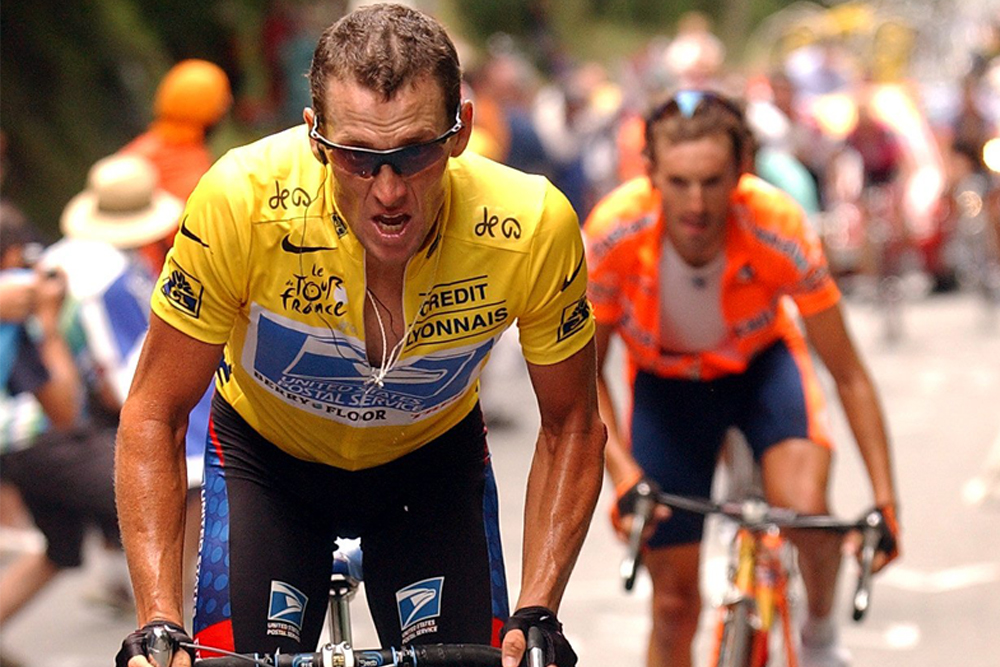

Lance Armstrong says that he truly did train hard even with the "high-octane" doping programme he used to win seven Tour de France titles. The Texan, stripped of those wins and suspended for life, spoke with university students in Colorado on Tuesday.
In 2012, the US Anti-Doping Agency (USADA) showed that Armstrong doped for most of his career. He now is facing lawsuits and paying massive settlement fees.
"You had to have all those building blocks and then, unfortunately, you had to have the last block, and the last block was high-octane doping," said Armstrong in a Daily Camera article. "That doesn't discount – it's not like we all just went to Saint-Tropez every day and sipped rosé, and then just showed up to the Tour de France and won."
Armstrong won the Tour from 1999 through 2005, titles cycling's govern body stripped after the USADA case. The USADA's worked showed he doped with EPO, testosterone, cortisone and human growth hormone, and transfused his blood.
"This era that we were in, this era of doping was so powerful," added Armstrong. "EPO in that era was not like testosterone, HGH or cortisone.
"I often refer to it as high-octane and low-octane. HGH, testosterone, cortisone... It's kind of low-octane, those are one-per-centers; EPO is a 10-per-center.
"In any sport, if you throw 10 per cent into it... You might find some success on a stage by stage basis, in a one-day race, but you won't get over the mountains and win time trials with other guys that are high-octane."
Get The Leadout Newsletter
The latest race content, interviews, features, reviews and expert buying guides, direct to your inbox!
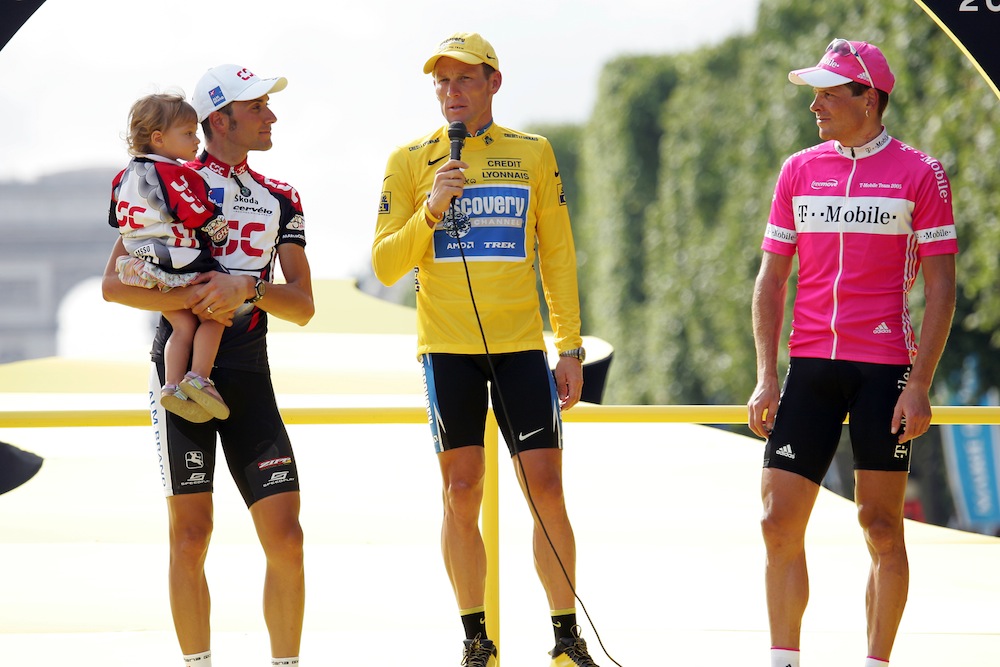
Armstrong, now 44 and with plenty of grey hair, said that the blood doping period was like a knife fight where everyone started bringing guns. He added that he believes the period is now over.
He said that he did not want to criticise the agency that took him down, but he did so while trying to make himself appear as a scapegoat.
"The organisation is absolutely necessary. It's probably the most inefficient and ineffective organisation in the world with the amount of money it has.
"It's probably the reason Travis Tygart [USADA director] and USADA needed a case, they needed something to show that they were right. And they did, and it worked, and now the world views them as truly effective, but they are really not," Armstrong continued.
"They say they had to do this, but to go back 10 to 15 years to bring a marquee case. I don't know. I don't know how John Elway would feel if they went back and stripped him of his '99 Super Bowl title.
"You might think that's crazy, but that's exactly what happened. And believe me, I was the complete dumb ass who made it totally easy for them to do this. Our era did what we did. I took it so much further. That's really the lesson for me in all of this. I was way to aggressive. They said, 'We are going to make an example out of him.' And that's what they did."
USADA offered Armstrong a chance to cooperate during its case, but he refused and fought back.
He only admitted to doping in a short Oprah Winfrey television moment after he was found guilty. Despite pleas for a smaller ban that might enable him to compete in lower-level sporting events, the man many consider cycling's biggest fraud has been shown no leniency.
"It's been a rough couple of years for a lot for reasons," Armstrong added. "It's just been a complete colossal meltdown. Let's be honest."

Thank you for reading 20 articles this month* Join now for unlimited access
Enjoy your first month for just £1 / $1 / €1
*Read 5 free articles per month without a subscription

Join now for unlimited access
Try first month for just £1 / $1 / €1
Gregor Brown is an experienced cycling journalist, based in Florence, Italy. He has covered races all over the world for over a decade - following the Giro, Tour de France, and every major race since 2006. His love of cycling began with freestyle and BMX, before the 1998 Tour de France led him to a deep appreciation of the road racing season.
-
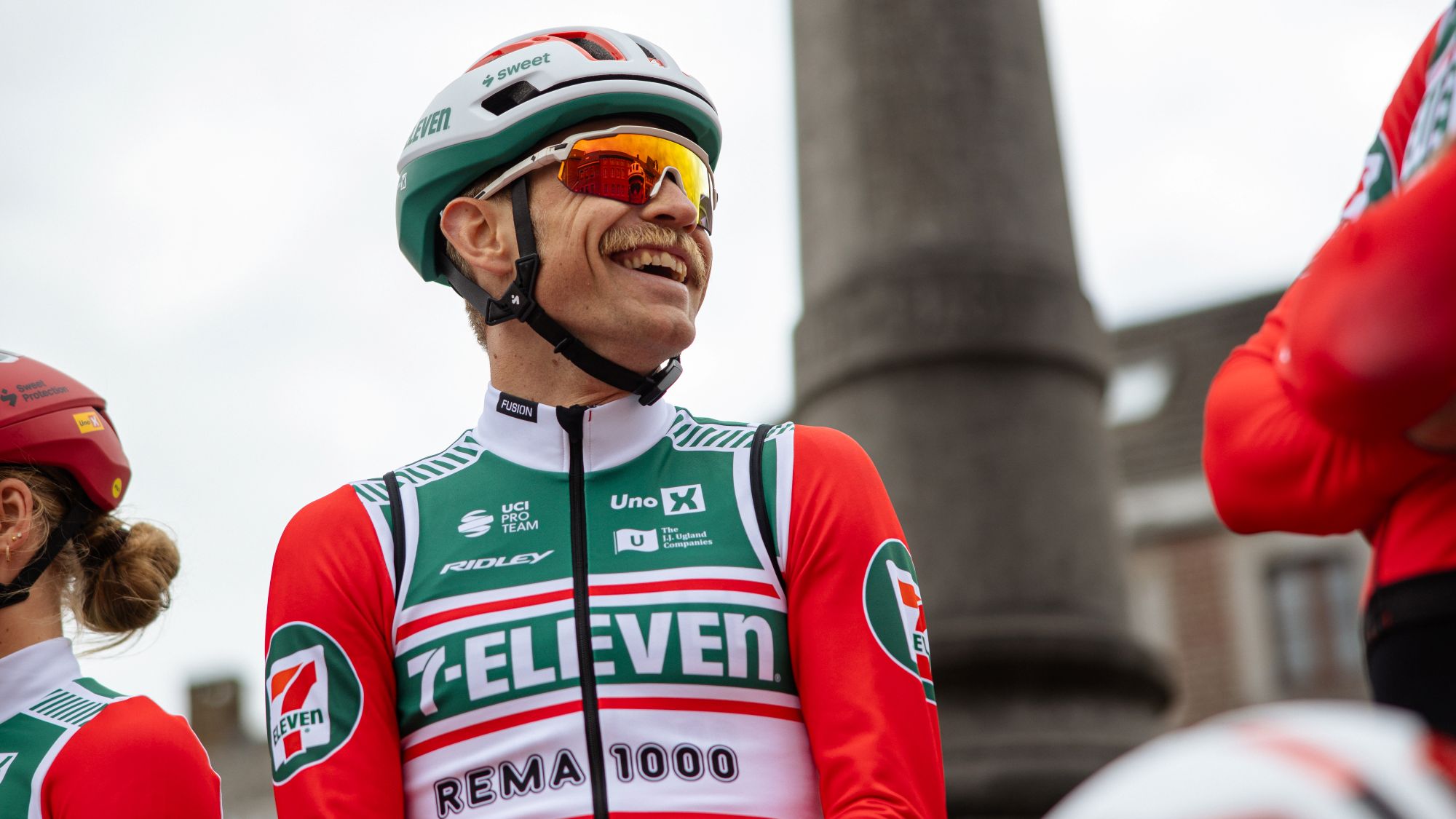 7-Eleven returns to the peloton for one day only at Liège-Bastogne-Liège
7-Eleven returns to the peloton for one day only at Liège-Bastogne-LiègeUno-X Mobility to rebrand as 7-Eleven for Sunday's Monument to pay tribute to iconic American team from the 1980s
By Tom Thewlis
-
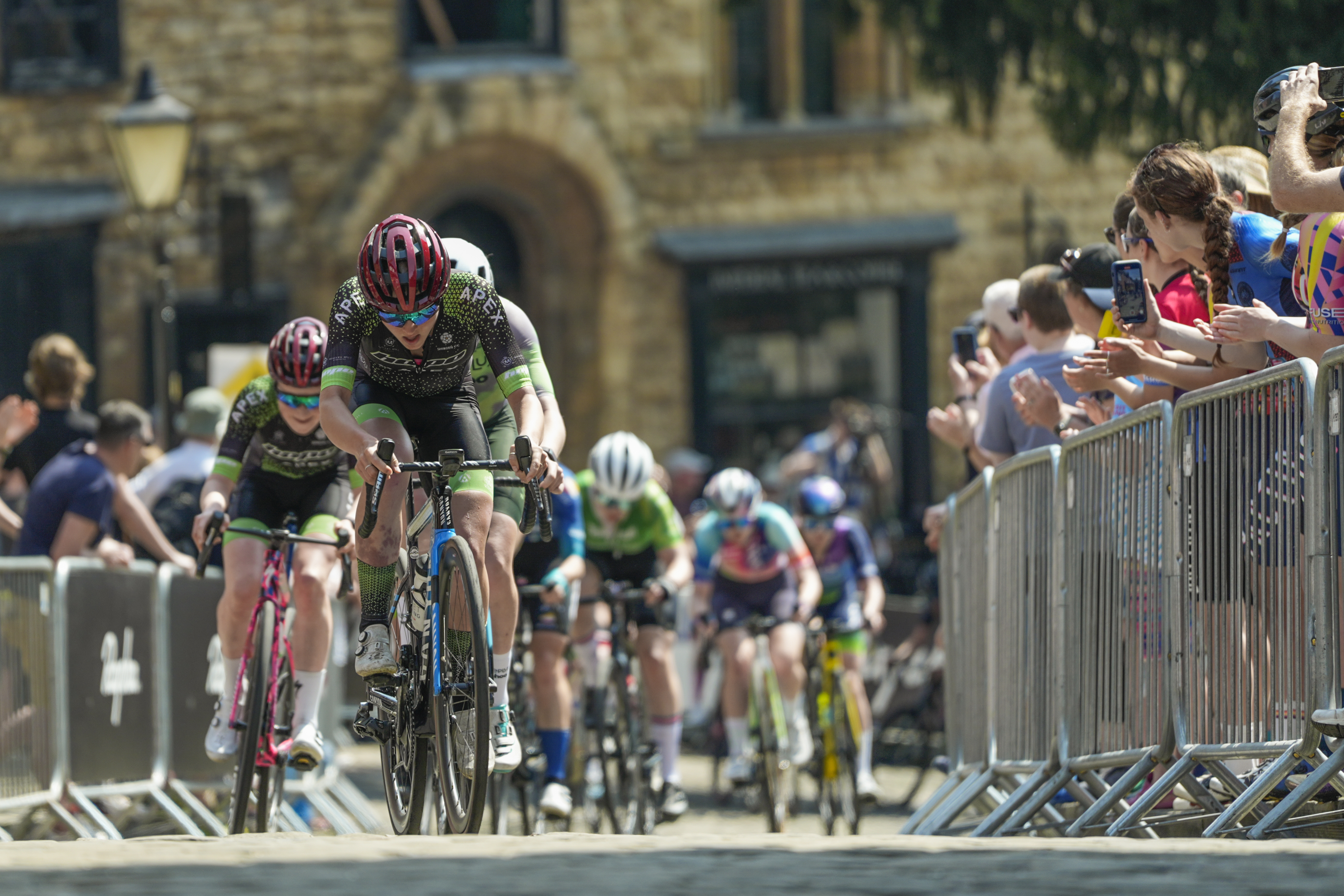 Rapha launches the Super-League, a new British road racing points competition
Rapha launches the Super-League, a new British road racing points competition16 events make up the Rapha Super-League, including crits and road races, with overall winners crowned
By Adam Becket
-
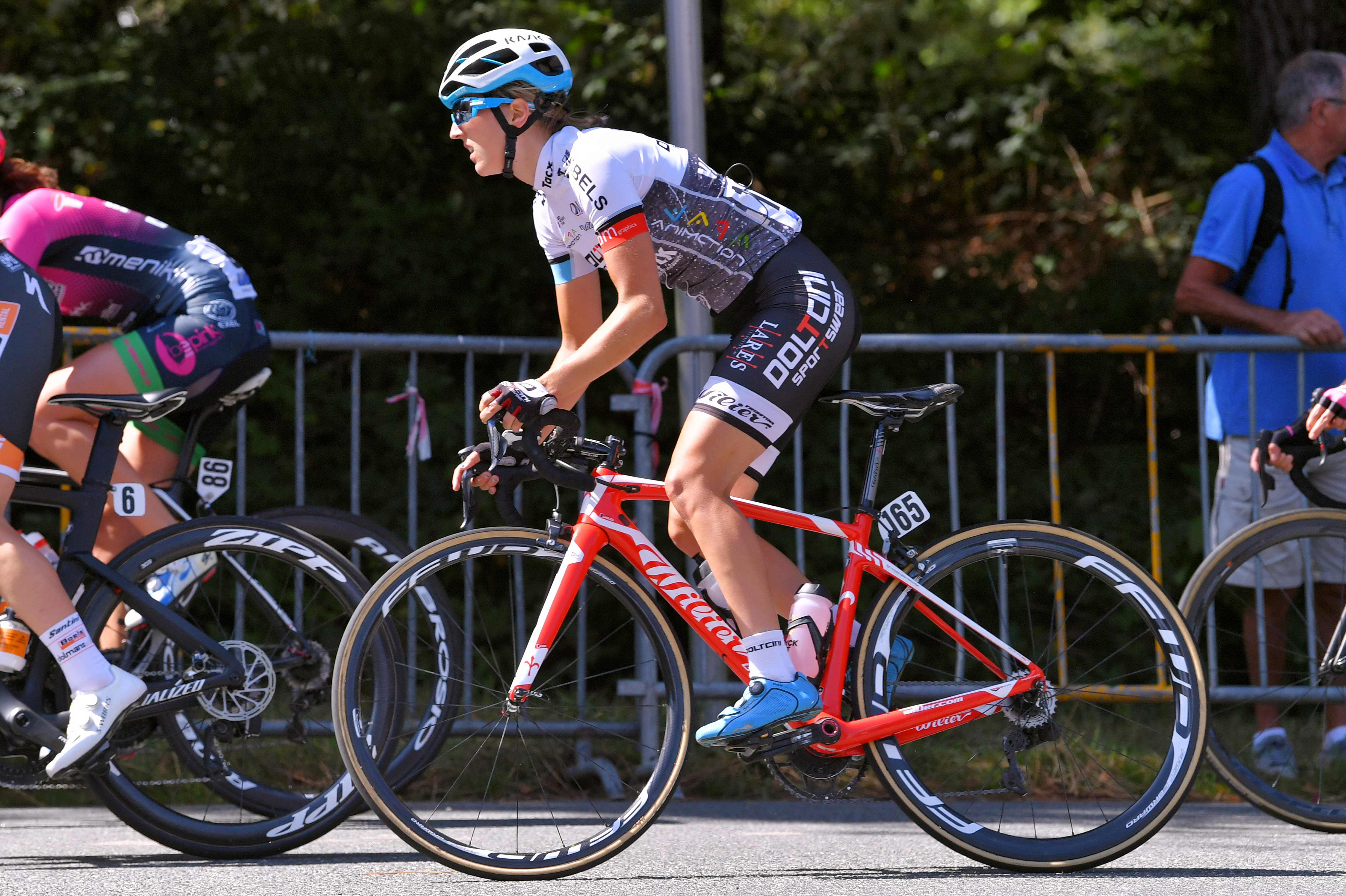 French cyclist given 10-month suspended prison sentence for doping
French cyclist given 10-month suspended prison sentence for dopingMarion Sicot said doping formed "an integral part" of cycling
By Tom Davidson
-
 French cyclist faces suspended prison sentence and €5,000 fine in doping trial
French cyclist faces suspended prison sentence and €5,000 fine in doping trialMarion Sicot, who admitted to taking EPO in 2019, is currently on trial in France
By Tom Davidson
-
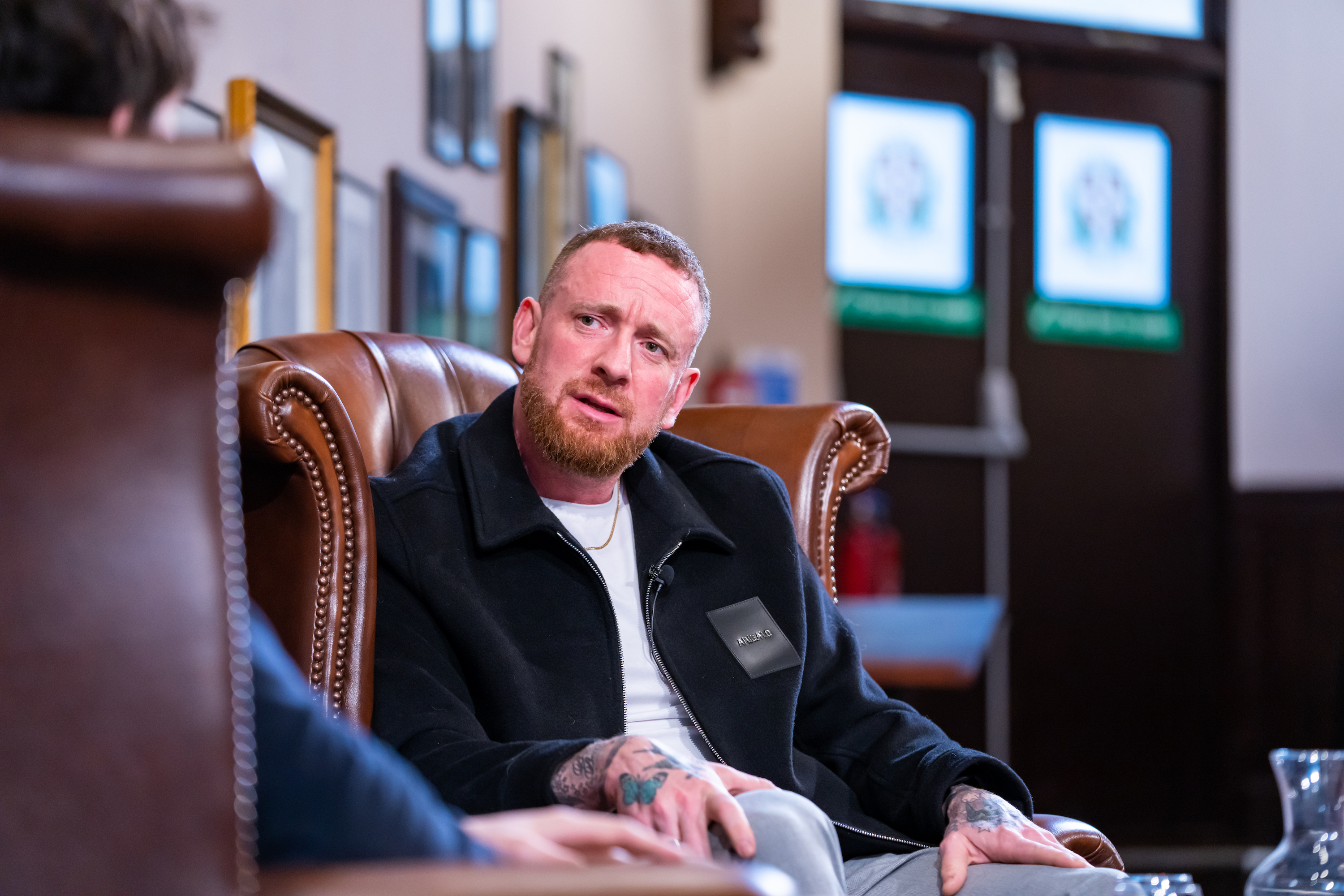 Bradley Wiggins joins Lance Armstrong for Tour de France podcast
Bradley Wiggins joins Lance Armstrong for Tour de France podcastThe former Tour de France winner will be appearing on The Move for the next week
By Adam Becket
-
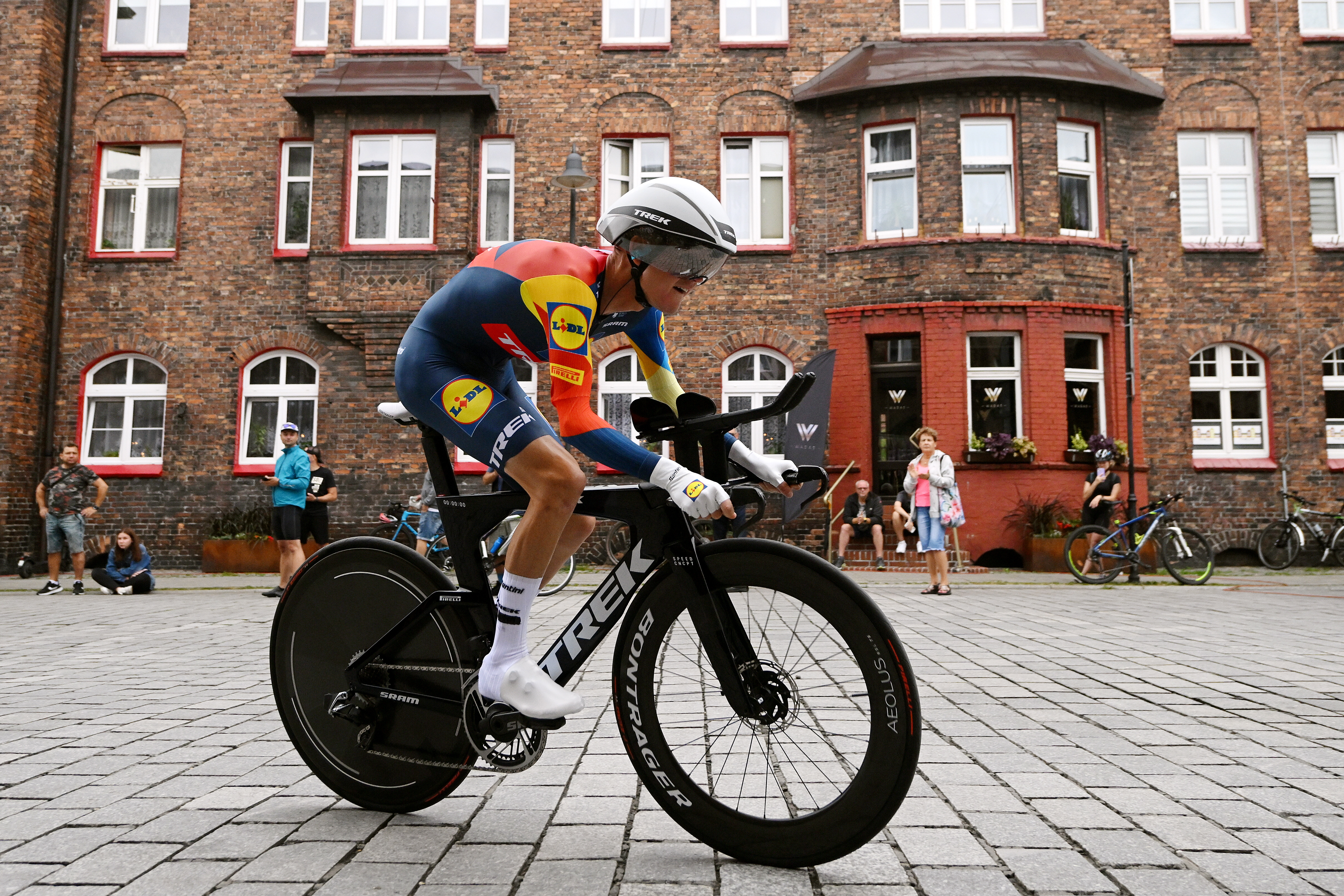 Steroids found in pro cyclist’s anti-doping test sample
Steroids found in pro cyclist’s anti-doping test sampleAntwan Tolhoek has been provisionally suspended by the UCI while proceedings are ongoing
By Tom Davidson
-
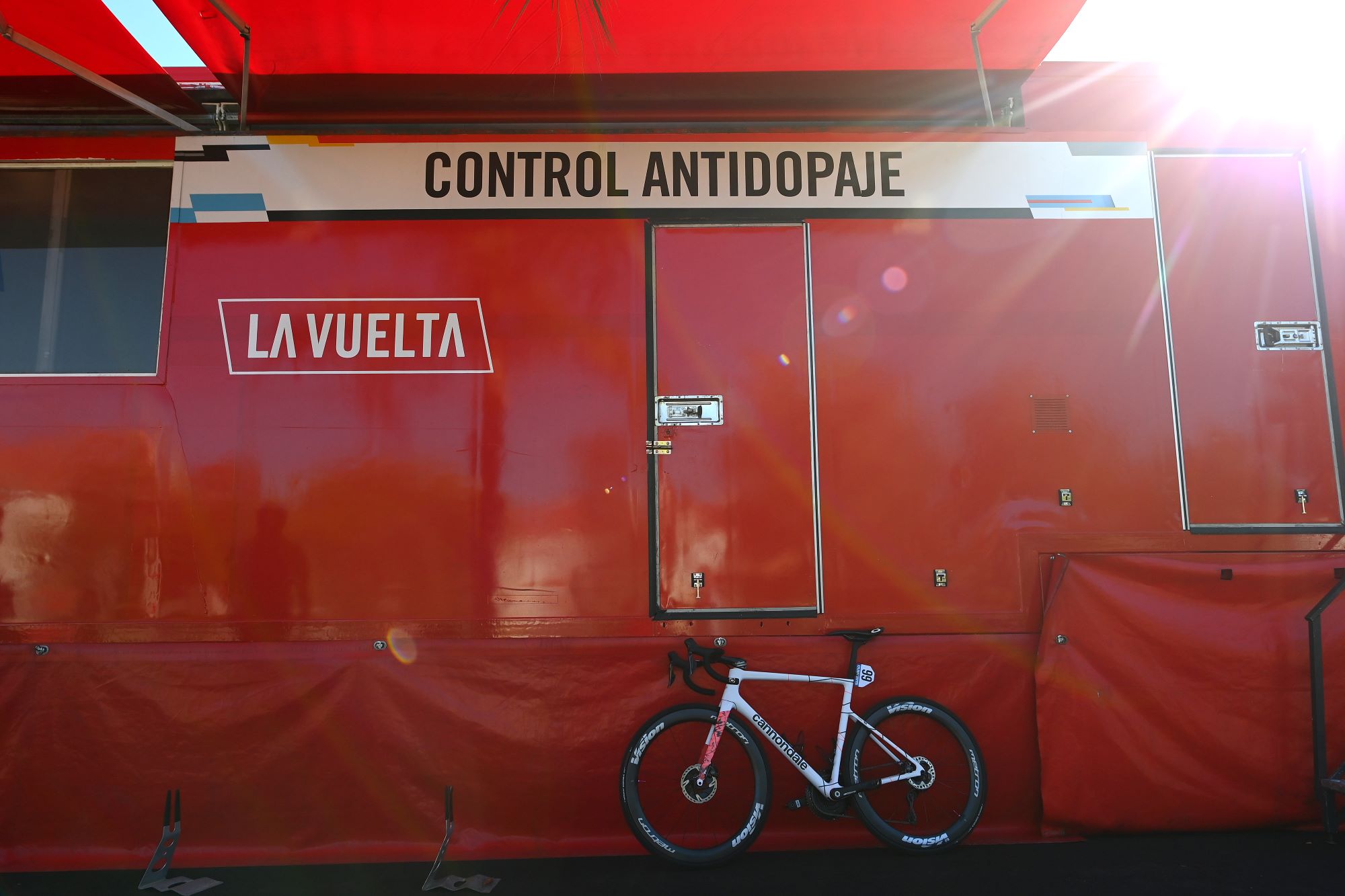 Anti-doping investigation reveals riders could still be manipulating the system to avoid detection
Anti-doping investigation reveals riders could still be manipulating the system to avoid detectionFull report from Operación Ilex reveals that lack of overnight and weekend lab testing in Spain makes performance enhancing drugs increasingly difficult to detect
By Tom Thewlis
-
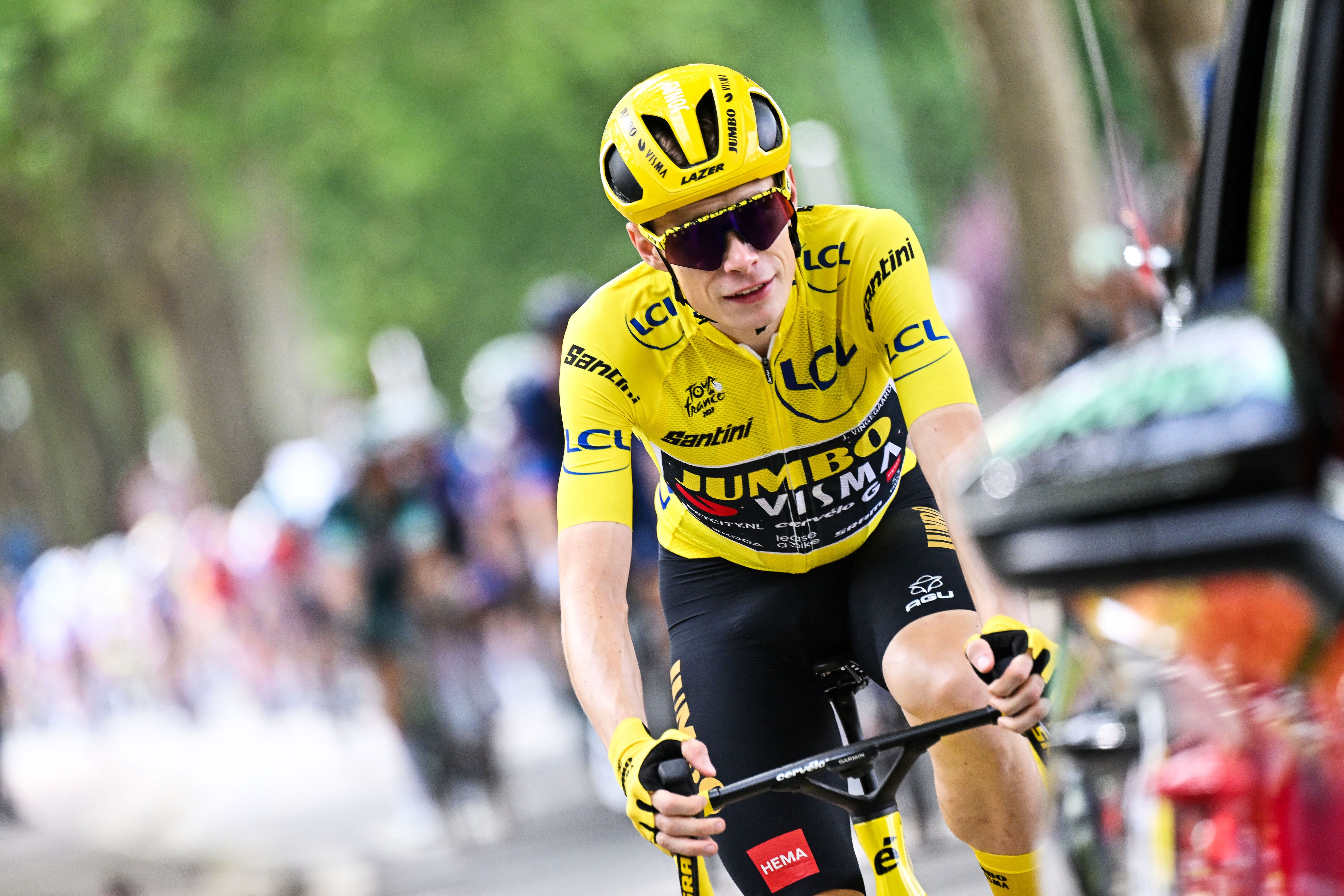 Jonas Vingegaard reveals he missed an anti-doping test
Jonas Vingegaard reveals he missed an anti-doping test'It's not great to have a missed test hanging over you,' says Tour de France champion
By Tom Davidson
-
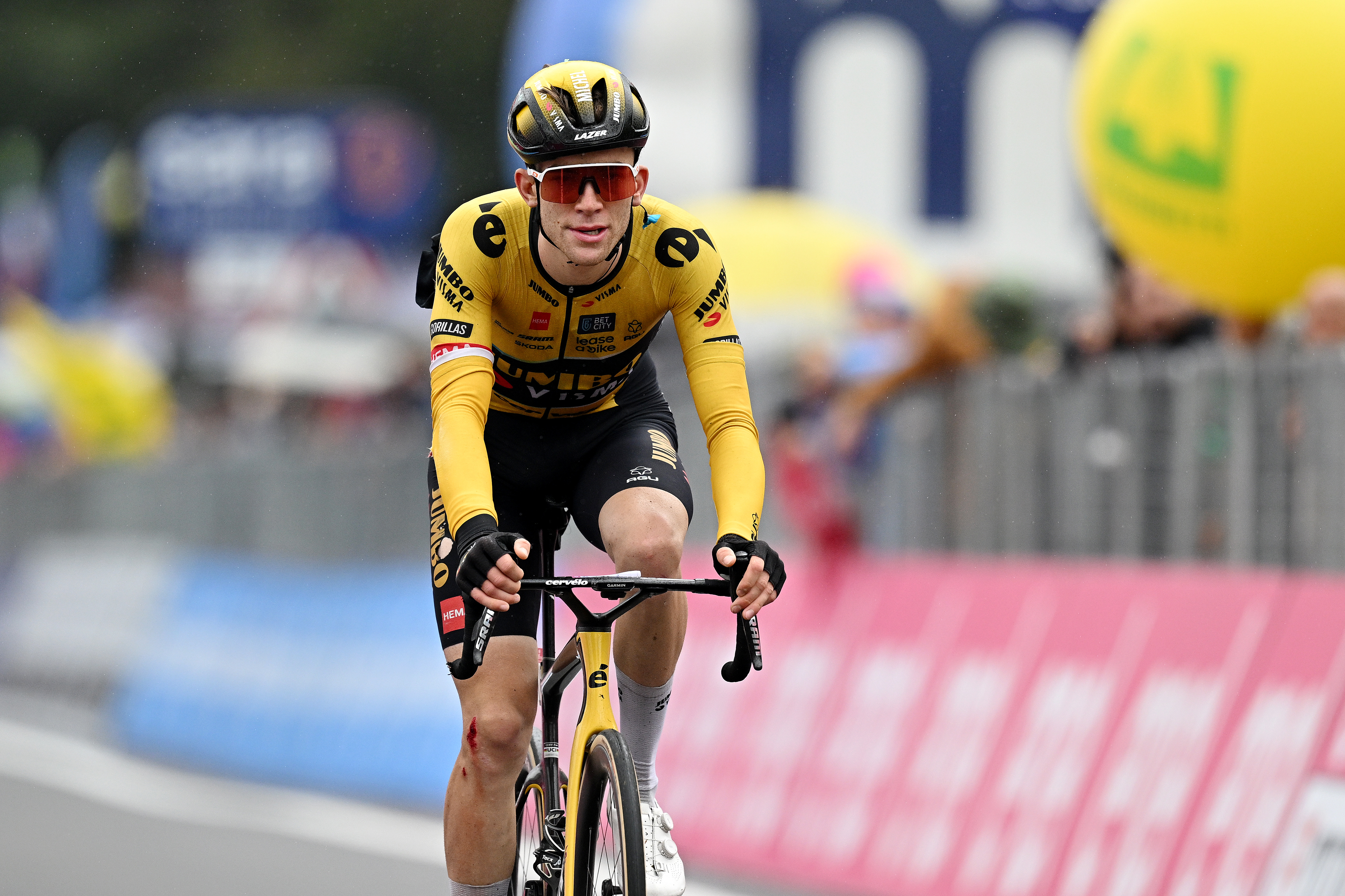 Jumbo-Visma rider Michel Hessmann suspended after positive anti-doping test
Jumbo-Visma rider Michel Hessmann suspended after positive anti-doping testThe 22-year-old's out-of-competition sample detected the presence of diuretics
By Tom Davidson
-
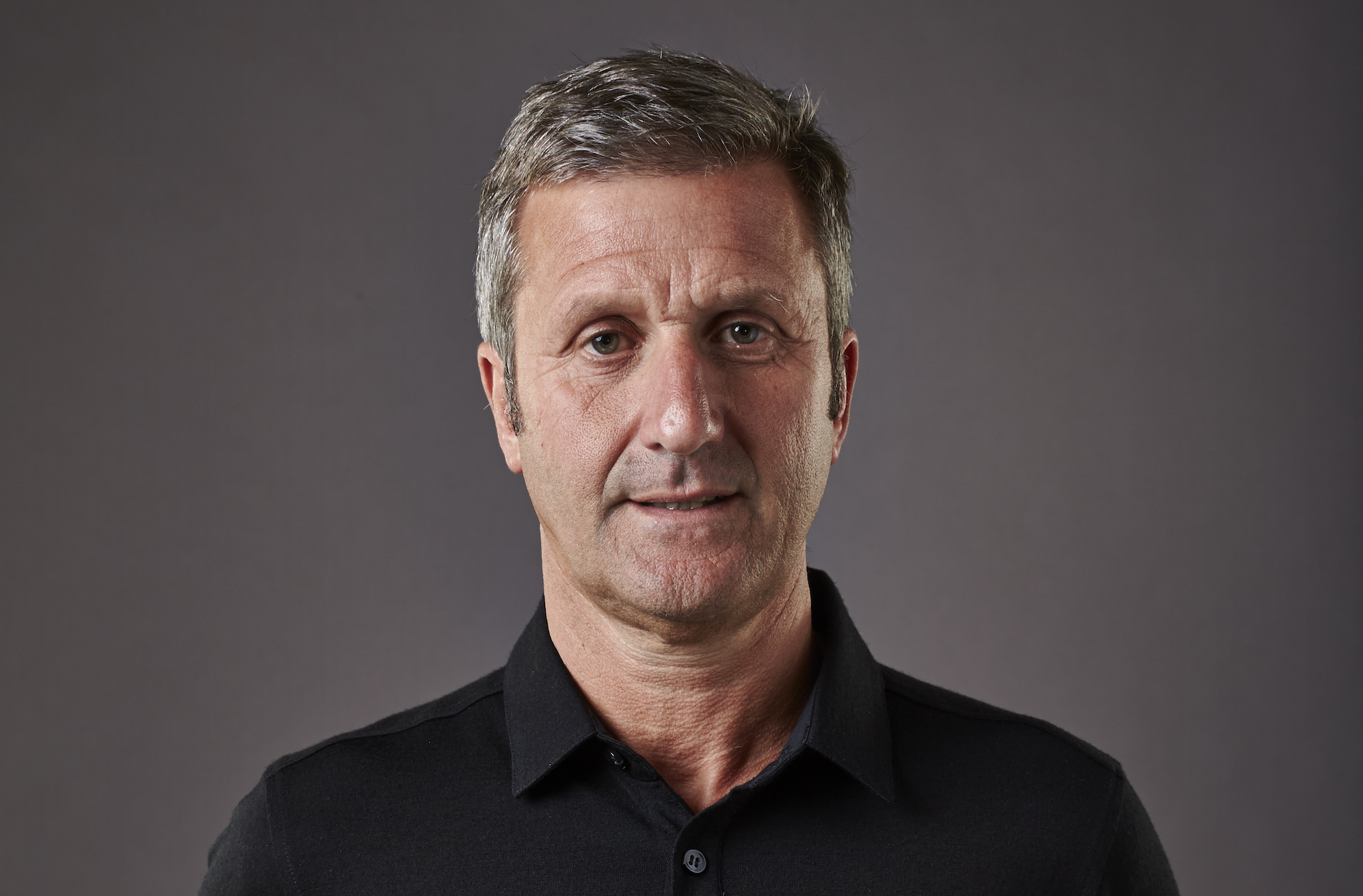 Former British Cycling doctor Richard Freeman given four-year doping ban
Former British Cycling doctor Richard Freeman given four-year doping banFreeman chose not to defend himself before the anti-doping panel
By Tom Davidson